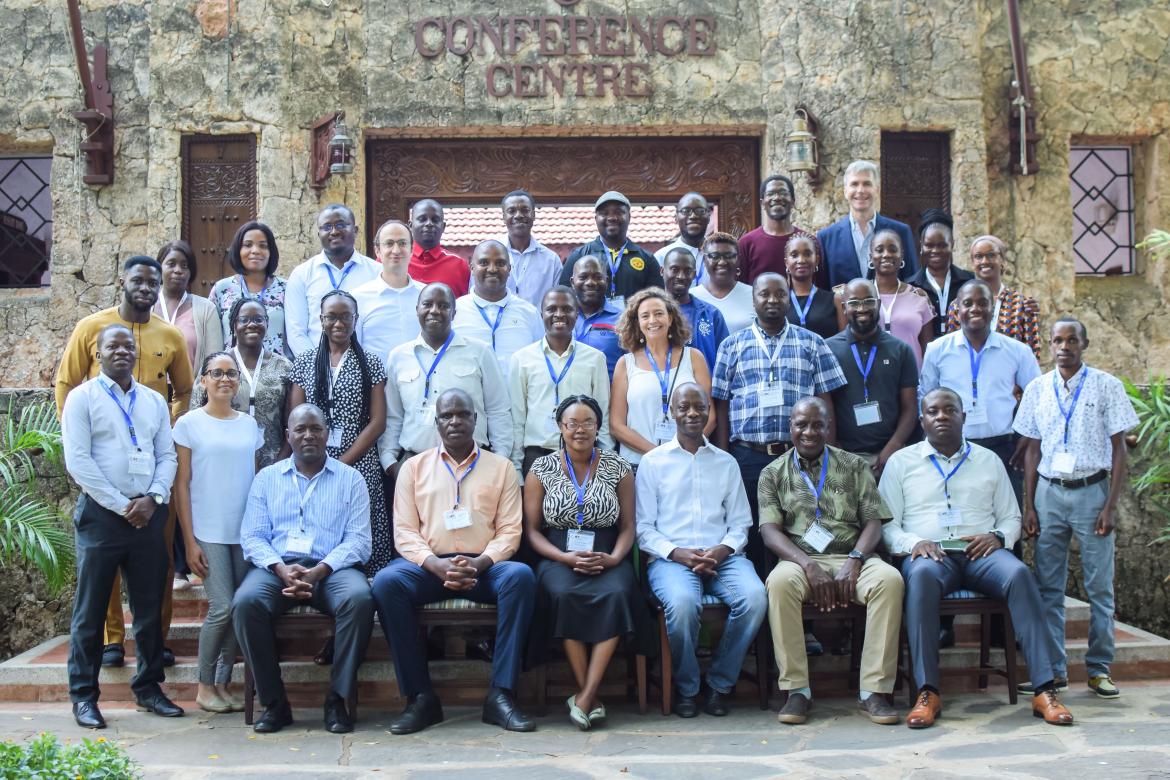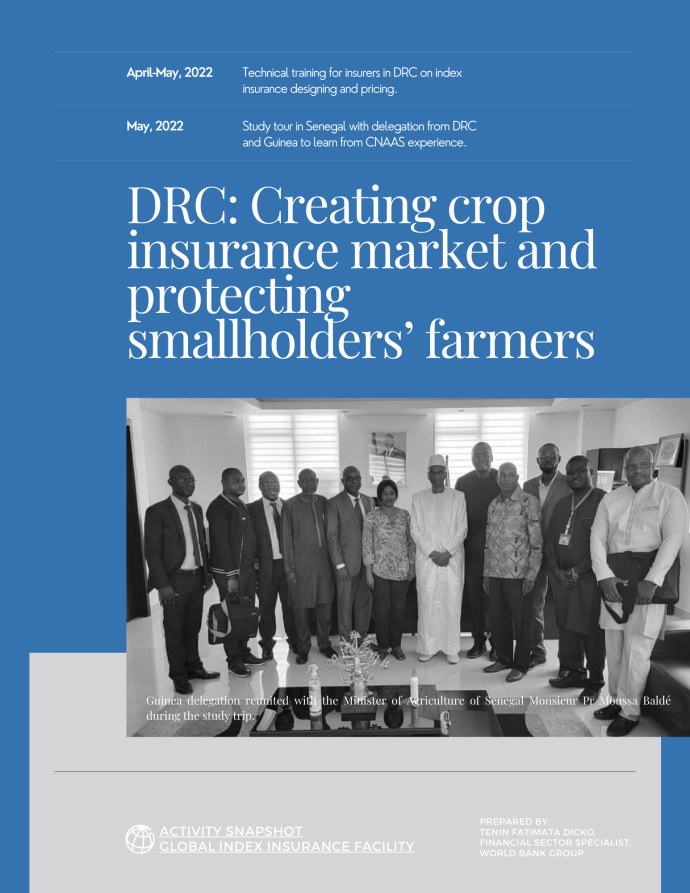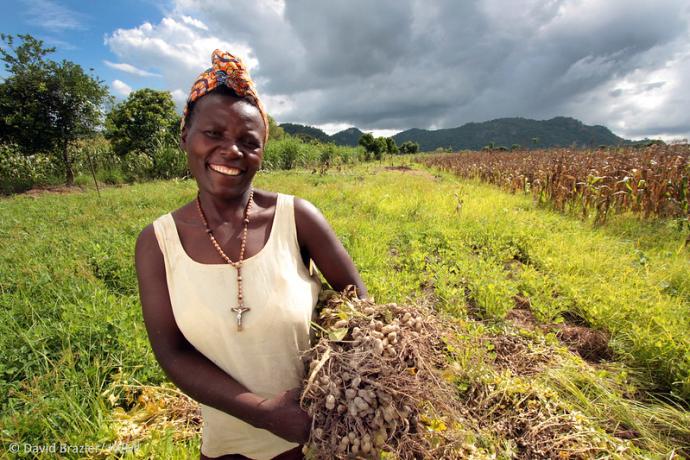
Published on:
Financial inclusion is critical to development in Africa. Yet, many smallholder farmers and micro, small & medium-sized Enterprises (MSMEs ) on the continent have limited access to financial products, including climate-resilient microinsurance and other insurance services. Past December 2022, IFC - International Finance Corporation convened representatives from Cameroon, Kenya, Nigeria, Mozambique, Zambia, and Zimbabwe to discuss building the capacity of companies and regulators to design agricultural insurance products and best practices for assessing the insurance value of smallholder


